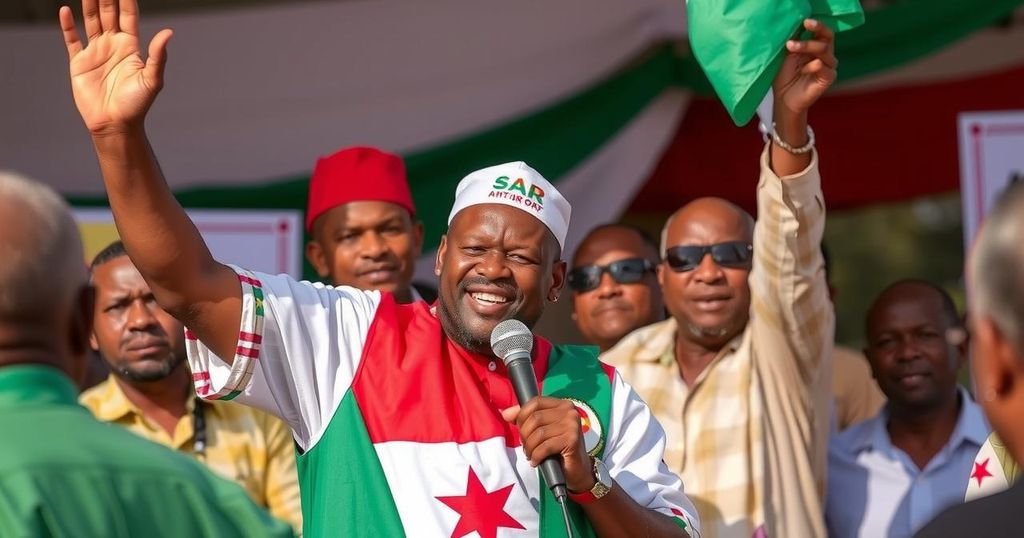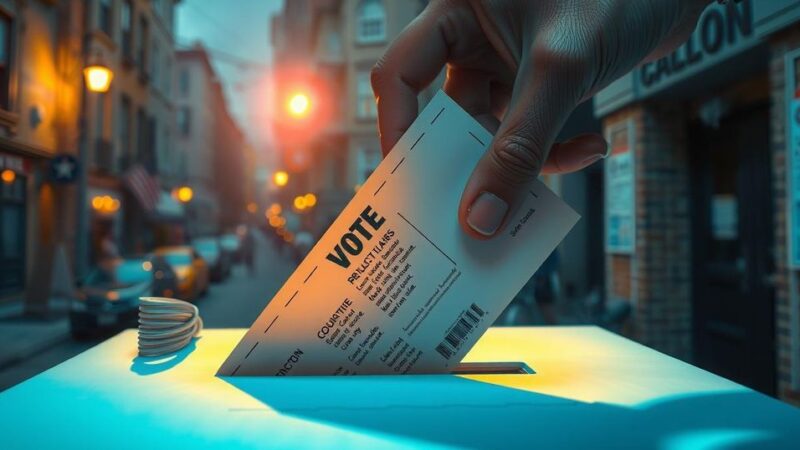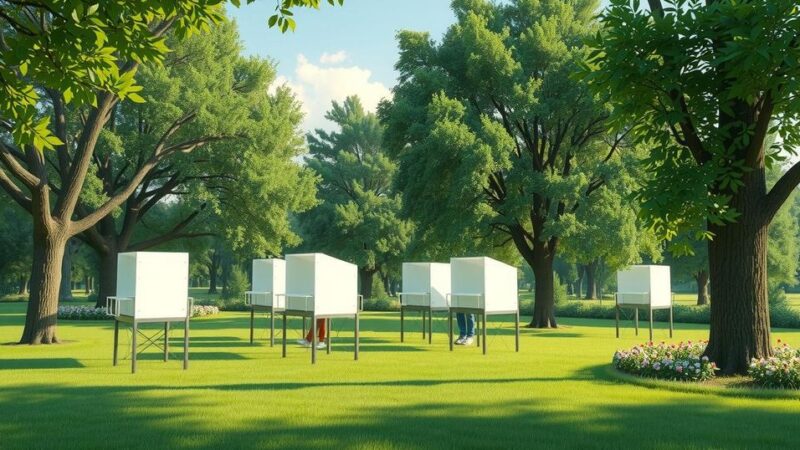Chad’s ruling party, the Patriotic Salvation Movement (MPS), won 124 of 188 seats in a parliamentary election boycotted by opposition groups. The government claimed the election was a step towards democracy, despite opposition allegations of unfair practices. The voter turnout was reported at 51.56%.
Chad’s parliamentary elections held last month resulted in the ruling Patriotic Salvation Movement (MPS), led by President Mahamat Idriss Deby, securing a significant majority. The MPS achieved 124 out of 188 seats in the National Assembly, according to the National Elections Management Agency (ANGE). Despite the elections being boycotted by opposition parties citing concerns over transparency and fairness, the government characterized these elections as a pivotal step towards democratic governance. The participation rate was determined to be 51.56%. Ahmed Bartchiret, the head of ANGE, noted that the assembly would comprise 38 political groupings, yet the distribution of seats among non-MPS representatives remains ambiguous. Opposition leader Succes Masra’s party, along with others, chose to boycott the elections, asserting that the process was likely manipulated, a claim that the government has refuted.
The context surrounding the recent elections in Chad is deeply rooted in the nation’s recent political history. President Mahamat Idriss Deby ascended to power amid turbulent circumstances, following the death of his father, former President Idriss Deby, who ruled for three decades. This transition involved Deby’s declaration as interim leader after his father’s death in 2021. Under his administration, Chad has reevaluated its international military relationships, particularly regarding France, and has expressed a move towards forging new alliances, raising security concerns within the region. The recent parliamentary elections are part of Deby’s broader narrative of pursuing democratic governance, despite significant opposition dissent.
In summary, Chad’s recent parliamentary elections have culminated in a substantial victory for President Mahamat Idriss Deby’s ruling party, the MPS, amidst opposition boycotts and allegations of electoral manipulation. While the government has positioned these elections as a key milestone in the democratization process, the absence of significant opposition participation raises questions regarding the legitimacy and transparency of the electoral framework. The political landscape continues to evolve, particularly as Chad reevaluates its foreign relations and navigates internal security challenges.
Original Source: www.dw.com






